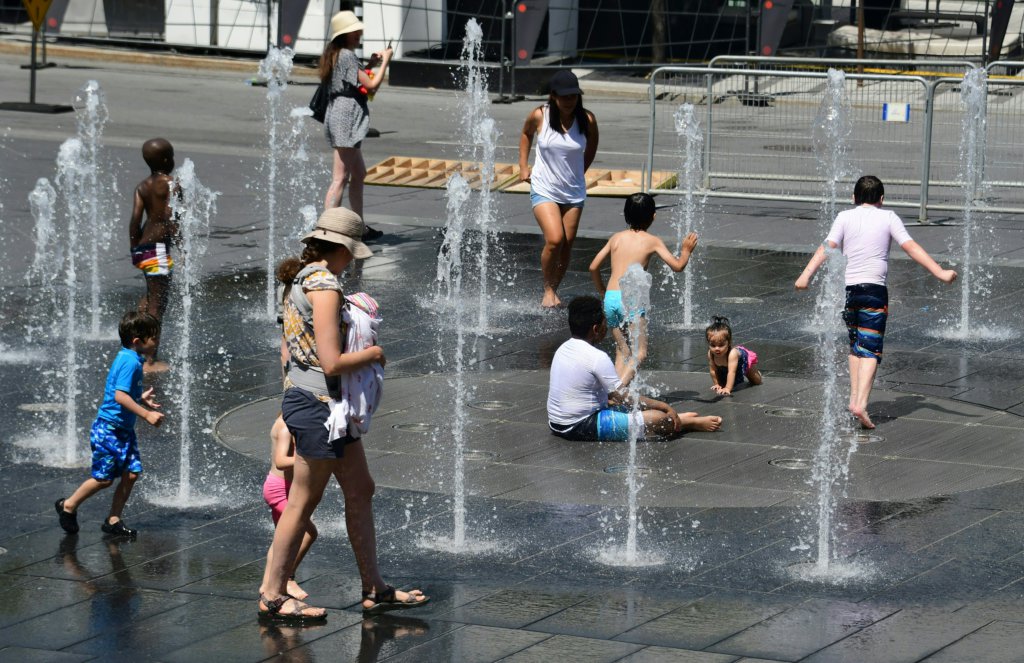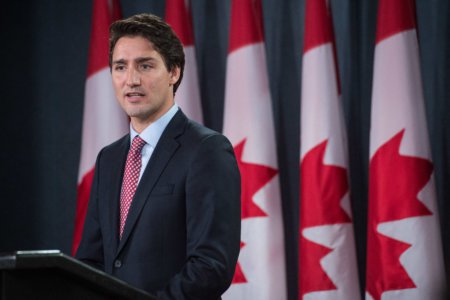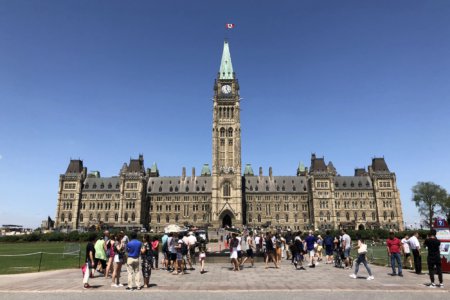
One of the biggest cities in North America, one of the most livable cities in the world, and one of the most multicultural cities in the world — Toronto, Canada is on the top of many lists. No wonder many Indians want to study and work in Canada.
There are many good reasons for Indians to choose Canadian universities. Canada is home to one of the largest international student populations in the world. There are opportunities to work during and after one’s degree. Most importantly, Canadians and the Canadian government are friendly.
If you plan to study in Canada, we’ve got the definitive list to help you. Let’s start:
Rankings
Canadian universities are highly respected globally. Part of this is due to how well many of them perform on various rankings. The University of Toronto (UoT) and McGill University are ranked 26th and joint 27th in QS World University Rankings 2022. There are eight Canadian universities in the top 200.
In the 2022 edition of the Best Global Universities Rankings by US News and World Report, UoT was first in Canada and joint 16th globally (with Princeton University and University College London). There were 40 Canadian universities in the overall Best Global Universities rankings.

Study and work in Canada — with great vibes. Source: Cole Burston/Getty Images/AFP
Tuition
Here’s the good news. Tuition fees are generally cheaper than the US, the UK and Canada. The bad news? They are still quite expensive compared to many other countries.
Check out this online tool by the Council of Ministers of Education, Canada (CMEC). It’ll help you calculate how much you’ll need based on the programme(s) and institution(s) you’ve chosen.
International students in undergraduate programmes can expect to pay around 29,714 Canadian dollars (around US$22,500) per year (based on 2019/20 data). For those in postgraduate programmes, be prepared to pay CA$17,744, approximately US$13,437.
Some subjects are cheaper. A humanities programme costs on average CA$5,542 at the undergraduate level. As for MBAs, they average around CA$27,397 (~US$20,747).
IELTS for Canada
Any foreign national hoping to study or move to Canada must complete IELTS. Short for The International English Language Test, IELTS is used to gauge the English language proficiency of non-native speakers seeking opportunities in English-speaking countries.
International students should focus on the IELTS Academic version, which is ideal for students who want to study at the undergraduate or postgraduate levels. It measures English language proficiency for academic settings, ensuring you can follow lessons and blend into your new college or university. IELTS is the only English language test that Immigration, Refugees and Citizenship, Canada (IRCC) has accredited for the Student Direct Stream.

Women and children play in the water fountains at the Place des Arts in Montreal, Canada on a hot summer day. Source: Eva Hambach/AFP
Housing options
It’s best to sort out your student housing in Canada as soon as possible. How much you pay for your student housing in Canada will depend on the housing type, city and province you will be living in.
If this is your first time in Canada and you can afford it, choose an on-campus accommodation. These are managed by the university, which means you’ll have plenty of staff and facilities nearby for support. You’ll stay with other students in a single or shared accommodation, which typically is located on or pretty close to campus.
If you want to explore more of the city or town you’re in instead of being limited to your campus, choose a private accommodation. Pro tip: check out FB groups and connect with like-minded people there. Cost-wise, it’s usually cheaper than on-campus housing as they have less of the bells and whistles, but bear in mind there are added costs and effort. You would likely have to pay for the internet, heating, cable and electricity on your own. If the apartment is unfurnished, you’ll also need to splurge on furniture that you won’t be able to bring home to India.

People ice skate on the outdoor rink at Nathan Phillips Square in Toronto, Ontario, on January 5, 2022. Source: Geoff Robins/AFP
Living costs
At the time of writing one Indian rupee is approximately CA$0.017; and CA$1 equals 60.23 Indian rupees. This information is important as it will tell you whether you can afford all the fees to study and work in Canada.
The monthly living costs for a student in Toronto per month — minus rent — is C$879.95. A one-bedroom flat in the Toronto city centre costs CA$2,237 on average, a three-course meal for two at a mid-range restaurant is CA$90; and a monthly transport pass is CA$151.15 — according to Numbeo data.
Toronto isn’t the most expensive city in Canada — that’s Vancouver in British Columbia. The third to fifth most expensive cities are Montreal, Quebec; Calgary, Alberta; and Ottawa, Ontario.
Study permit
Canada issues international students a Canadian study permit which allows you to study, stay and obtain a Social Insurance Number to work in Canada, as long as your status as a student in a designated learning institution (DLI) is valid. Note that your study permit is not a visa; it doesn’t let you enter Canada.
You may also need a visitor visa or an electronic travel authorisation (eTA). “If we approve your study permit, we’ll issue one to you with your study permit,” said the government.
You can apply for a study permit online, whether you’re in or out of Canada. It costs 150 Canadian dollars per application. If you’re unable to complete an electronic application due to disabilities or problems with online applications, you may submit the form on paper. Find the list of documents you’ll need to apply here.

To study and work in Canada is pretty cool, for all the right reasons. Source: Andrej Ivanov/AFP
Travel restrictions
Good news for international students travelling to Canada: the country has recently announced plans to scrap pre-arrival COVID tests for fully vaccinated travellers. Starting April 1, 2022, travellers will no longer need to present a negative COVID-19 test on arrival to Canada. This latest Canada border news was announced in this statement.
“Adjustments to Canada’s border measures are made possible by a number of factors, including Canada’s high vaccination rate, the increasing availability and use of rapid tests to detect infection, decreasing hospitalisations and growing domestic availability of treatments for COVID-19,” Minister of Health Jean-Yves Duclos said.
“As vaccination levels and healthcare system capacity improve, we will continue to consider further easing of measures at the borders-and when to adjust those measures-to keep the people in Canada safe.”
Working while studying
Working while studying is a great way to add value to your overall experience in a new country. As Canada is known to have one of the friendliest policies on work if you’re a study permit holder, you’re in luck. If you’re enrolled in a Designated Learning Institution (DLI), you’re entitled to work under certain conditions as an international student in Canada. This not only gives you more pocket money to enjoy the best Canada has to offer but adds to your CV too.
Landing your first gig can be the most challenging part of the journey, especially if you don’t have any prior work experience. It doesn’t help that employers prefer locals in the hiring process, causing foreign students to get routinely passed over even in entry-level jobs.
As a full-time student, you’re not allowed to work more than 20 hours off-campus during the academic year. This is a condition outlined in your study permit, and violating it can have serious consequences on your immigration status, including ruining your chances of getting a permanent resident status after graduation, or the worst case scenario — deportation.
PR pathways
Once you’ve graduated and landed a job under the PGWP, you’re probably thinking about whether you want to live in Canada for good. Lucky for you, it’s set to be easier for international students to become Canadian PR. The country is developing new pathways for this purpose.
According to Immigration Minister Sean Fraser, the Canadian government is hoping to give international students a route into permanent residency. He further stressed the importance of immigration and the contributions of international students to the country’s economy in an interview with ApplyBoard.
“Our message to international students and graduates is simple,” he told ApplyBoard. “We don’t just want you to study here. We’re hoping to create pathways that allow you to stay here and make a lasting contribution beyond your academic career.”










